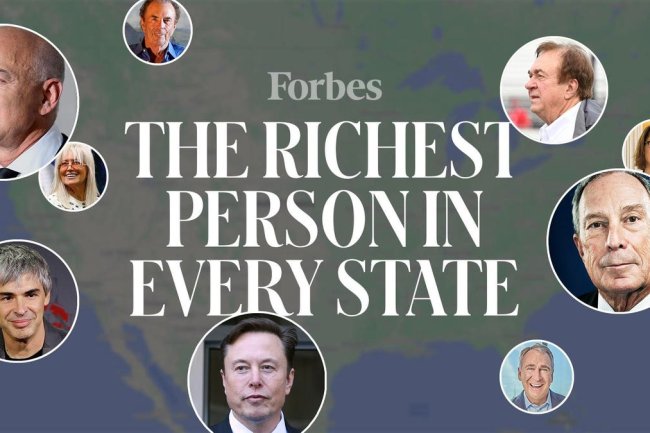California air board seeks public input
Nov. 24—The California Air Resources Board will be holding a "public dialogue session" next week in Yuba City in an effort to get feedback and provide information about its Community Engagement Model draft.Officials with the board said the purpose of the document is to give California Air Resources Board (CARB) staff the "knowledge, tools, and confidence needed to create and implement robust engagement plans."According to its website, "CARB is charged with protecting the public from the harmful effects of air pollution and developing programs and actions to fight climate change. From requirements for clean cars and fuels to adopting innovative solutions to reduce greenhouse gas emissions, California has pioneered a range of effective approaches that have set the standard for effective air and climate programs for the nation, and the world."With that in mind, the agency's mission is to "promote and protect public health, welfare, and ecological resources through effective reduction of a

Nov. 24—The California Air Resources Board will be holding a "public dialogue session" next week in Yuba City in an effort to get feedback and provide information about its Community Engagement Model draft.
Officials with the board said the purpose of the document is to give California Air Resources Board (CARB) staff the "knowledge, tools, and confidence needed to create and implement robust engagement plans."
According to its website, "CARB is charged with protecting the public from the harmful effects of air pollution and developing programs and actions to fight climate change. From requirements for clean cars and fuels to adopting innovative solutions to reduce greenhouse gas emissions, California has pioneered a range of effective approaches that have set the standard for effective air and climate programs for the nation, and the world."
With that in mind, the agency's mission is to "promote and protect public health, welfare, and ecological resources through effective reduction of air pollutants while recognizing and considering effects on the economy. CARB is the lead agency for climate change programs and oversees all air pollution control efforts in California to attain and maintain health-based air quality standards."
Officials said the in-person public session scheduled from 6-8 p.m. on Nov. 29, will give participants the opportunity to learn about the Community Engagement Model and provide expertise and input on how the agency's staff engages with communities in future programs, policies, projects, and regulations.
As part of the draft model, CARB has put a focus on environmental injustices and racial equity. On Oct. 22, 2020, CARB adopted Resolution 20-33 to establish and advance racial equity and social justice measures in all of its actions, according to the draft.
The resolution called for all of its staff to identify and implement best practices for community engagement, and to apply these practices throughout all of CARB's activities. The draft prepared by CARB "provides a high-level overview and guidance for staff on how to use the Community Engagement Model" and "provides historical context as to why the Community Engagement Model is being developed and background on why community engagement is essential to the California Air Resources Board's projects, policies, programs, and regulations."
Officials said the Community Engagement Model is a "living internal guidance framework designed to help CARB staff gain the knowledge, tools, and confidence needed to develop and implement a robust community engagement plan."
To help guide CARB, an important section of the draft gives a brief overview of racism in American society and its impact.
"This document summarizes some racist and intentional policies from many different institutions — banking, insurance, state regulatory agencies, realty associations, local governments, federal housing agencies," the draft states. "All these institutions created a system that continues to negatively impact communities of color. When we consider individual racism, we are referring to biases that are stereotypical and that are focused on groups of people. Institutional racism includes policies, practices and procedures that work better for white people than for people of color, often unintentionally or inadvertently. Structural racism encompasses a history and current reality of institutional racism across all institutions, it is the normalized and legitimized range of policies, practices, and attitudes that routinely produce cumulative and chronic adverse outcomes for people of color.
"Like other states, California has a dark and troubled history that is responsible for shaping our landscape — this topic is not easily spoken about and is one that can understandably create unease and discomfort. This history made race a predictor to poorer outcomes across health, education, wealth, and environmental burdens. Ultimately, to understand today's environmental injustices, one must reflect on the individual, institutional and structural racism that create them. The reasons described in the following sections are an introduction to this history but are in no way comprehensive. As CARB approaches community engagement, understanding California's history is critical to implementing sustainable and equitable change."
The in-person meeting for discussion on this draft will take place from 6-8 p.m. on Nov. 29 at the Yuba Senior Center, located at 777 Ainsley Ave. in Yuba City. Virtual meetings also will be held on Nov. 28 and on Jan. 25, 2024.
For more information, visit ww2.arb.ca.gov/community-engagement-model. Those who would like to participate also can submit written recommendations through the public comment docket or send an email with comments to [email protected].
"It is our priority that this Model is built with the expertise of community members and community-based organizations," CARB officials said.
What's Your Reaction?













